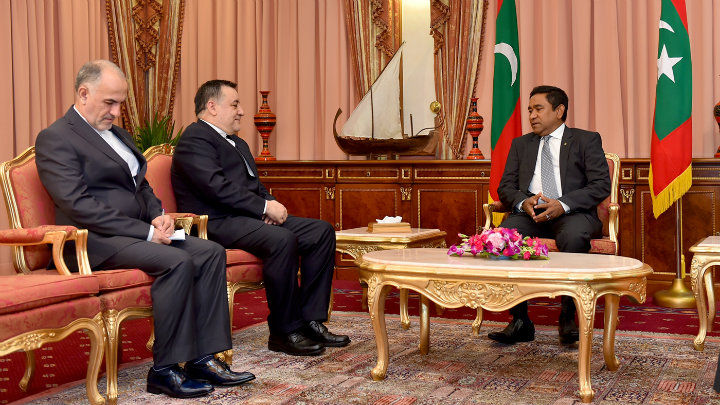Severing ties with Iran risks Indian Ocean stability, says opposition
The Maldives opposition has slammed the government’s decision to sever its 40-year-old diplomatic ties with Iran as “irrational adventurism” that may destabilise the Indian Ocean.

18 May 2016, 09:00
The Maldives’ decision to sever its 40-year-old diplomatic ties with Iran is “irrational adventurism” that could destabilise the Indian Ocean, the main opposition Maldivian Democratic Party has said.
President Abdulla Yameen has put Saudi Arabia’s interests ahead of India’s, despite reiterating an India-first policy during a visit to New Delhi in April, other critics added.
Saudi Arabia, a major donor to the Maldives, cut off ties with Iran in January, after Iranian protesters stormed it’s embassy in Tehran over the execution of a prominent Shiite cleric.
The Maldives foreign ministry on Tuesday claimed Iran’s policies in the Middle East are detrimental to peace and security in the region.
Become a member
Get full access to our archive and personalise your experience.
Already a member?
Discussion
No comments yet. Be the first to share your thoughts!
No comments yet. Be the first to join the conversation!
Join the Conversation
Sign in to share your thoughts under an alias and take part in the discussion. Independent journalism thrives on open, respectful debate — your voice matters.




